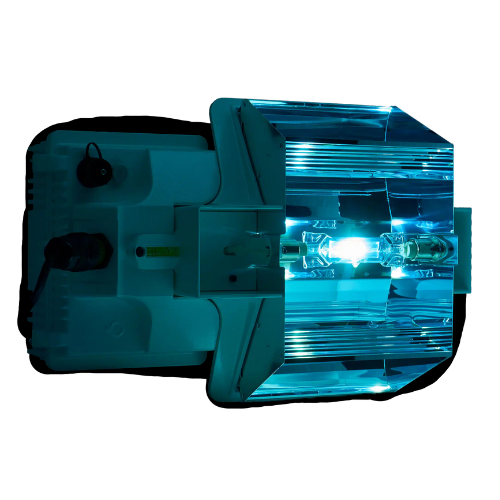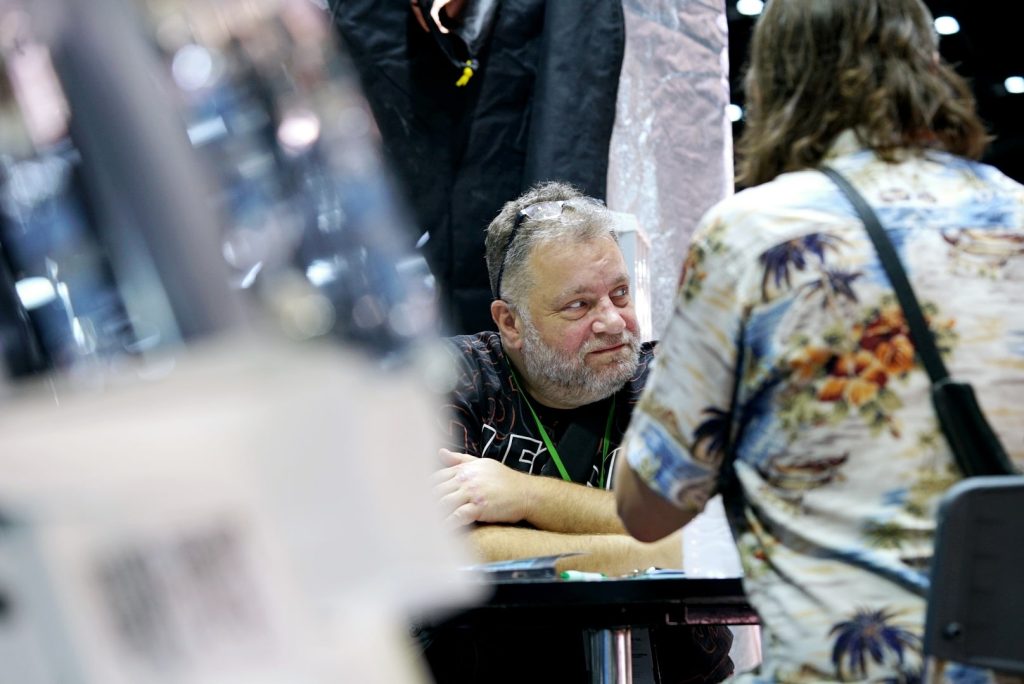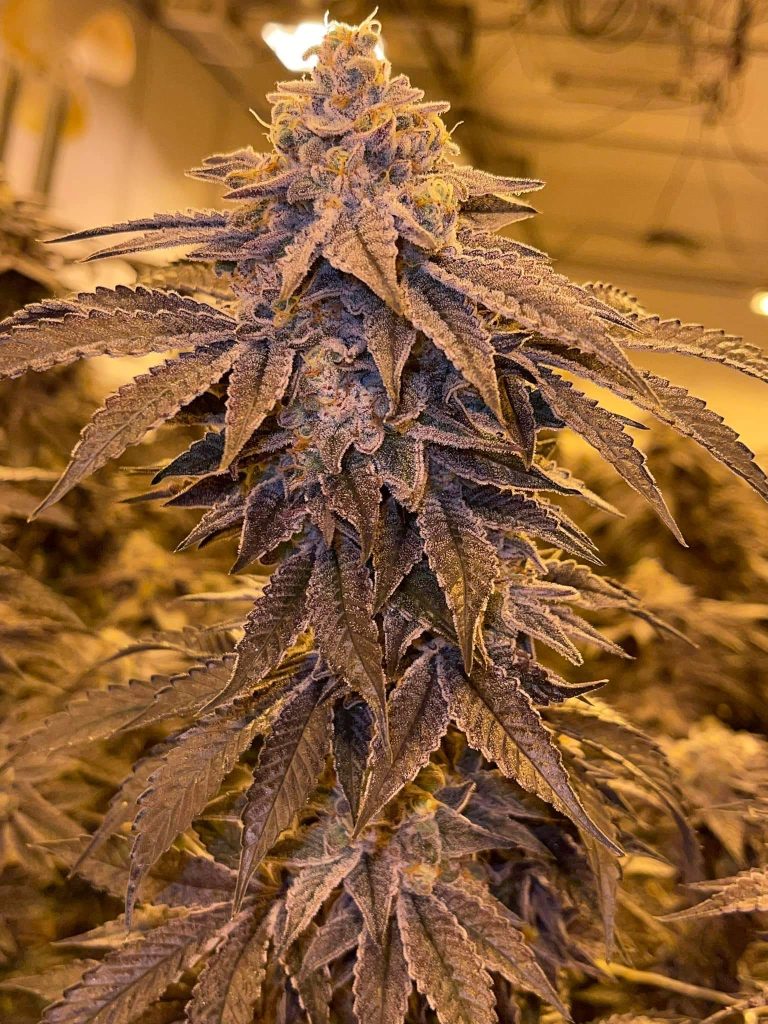DLI CRI-Series UV 150W DE

- Full-spectrum UV
- Harvest up to a week sooner
More vigerous plants, that will give a more potent and flavourful product
The DLI CRI-Series UV 150W DE is the first full spectrum UV light of it’s kind. Click on more info and fill in your contact information to receive more information about our UV lights.
Receive more info


The only true copy of the sun
Receive more info


The only true copy of the sun
We do it the Dutch way
Dutch innovation
One of a kind
We are the only manufacturer that produces UV-light fixtures that are able to recreate all the UV-A, UV-B and a small amount of UV-C to simulate the advantages of outside sunlight.


Healthier plants
Better pest control
Stimulation with UV light increases leaf and cell wall thickness and makes plants less susceptible to insects and molds. This property of UV light reduces the need for insecticides and fungicides and can also help break down residues left on surfaces.



Supplemental lighting
- Complimentary to any lights
- Advice tailored to your needs

High quality buds
- Up to 15% more cannabinoids
- Up to 30% more terpenes
Build the future of horticulture with Dutch quality
- Trusted for 10+ years
- The next step in horticulture
Our Dutch facility
Are we visiting your grow next?
- Zaza Exotics
- Naked buds – USA
- Greenhouse – Thailand
Scientific paper
University of Wageningen
- Up to 30% more terpenes and 15% more cannabinoids
- Higher yield when working with higher light levels by increased photosynthetic efficiency
- Harvest up to a week sooner
Summary
Trial by fire
At DLI, we design, manufacture, and sell products that benefit our customers. We believe in producing fixtures that will produce the highest quality crops. This is why, about two years ago, we introduced the DLI CRI Series UV 150W grow-light, except it’s not a growlight. It’s a supplemental full-spectrum light source aimed at increasing Terpene and Cannabinoid levels in cannabis production. We already know UV has positive effects on the Cannabis plant, but not exactly to what extent. Many customers who were early adopters of the technology came back with fantastic results, but there has yet to be much science on the topic. This is why DLI decided to help science and commission the University of Wageningen to do a trial.
First, what is so special about the Solar Noon lamp used in the UV fixture? It’s a specially developed full-spectrum UV lamp that starts emitting at around 280m (UV-C), but it only emits a few photons at these short wavelengths. It even only emits around 0.3% UV-B, but it outputs about 25% of its energy in UV-A. Since it’s a full-spectrum light source, it also adds some of all the visible wavelengths and a bit of far-red.
We received some outstanding results through COAs obtained by our customers, comparing the UV-grown product with the original production without UV. On average, they see an increase of around
20-35% Terpenes and around 10-15% increase in Cannabinoids; across the board, the overall ratio in the terpene and cannabinoid profiles seem to stay much the same. We wanted to verify this ourselves and help science, too, so we commissioned the study.
The trial was conducted in a controlled environment at the research lab in Wageningen, using eight identical square meter set-ups. Two distinct light levels (1000 and 1500 micromol/m2/s) were employed, along with the UV/no UV variable. This rigorous experimental design, with each treatment option having a double in the experiment, ensured the reliability of the results. The University conducted light measurements to maintain equal treatments, and plant samples were taken periodically for analysis and data collection.
From the market, we’ve seen and heard quite a bit of variability in results, strain-dependent or otherwise. This study has been on only one cultivar, Original Blitz. In the end, the University’s findings are in line with the results we hear from customers. At harvest, there are somewhere between 20-35% more terpenes and 10-15% more cannabinoids.
We see more benefits than just increasing the secondary metabolites; cell walls become stronger from the UV treatment, reducing pest and mold risks. It shouldn’t be surprising; plants have evolved outdoors for millions of years with UV. When it comes to grow rooms, these are ideal representations of the outdoor environment. It’s always a nice warm sunny day. UV is the only part from that nice day that generally cannot be found in a grow room. That’s why we made the DLI CRI Series UV 150W to perfect the climate, increase plant health and quality, and increase ROI for our customers.
The DLI CRI Series UV 150W Fixture is a revolution today, but with all its proven benefits, it will become tomorrow’s standard. We want to welcome you to the #UVGrown community.
Please click the link below to download the full whitepaper from Wageningen University.
Technical specifications
DLI CRI-Series UV 150W DE

- Output µmol/s – 160
- Beam Angle – 140°
- Power – 150W
- Voltage Range – 208V – 347V
- Dimming – N/A
- Relamp with – Solar Noon
® - Product Dimensions – 16.9 x 11.4 x 7.1 inch / 43 x 29 x 18 cm
- Product Weight – 10.6 lb / 4.8 kg
- Certifications – CE, CSA, UL 1598, FCC part 18
- Country of Origin – The Netherlands
- Warranty – 3 Years (lamp and reflector not included)


